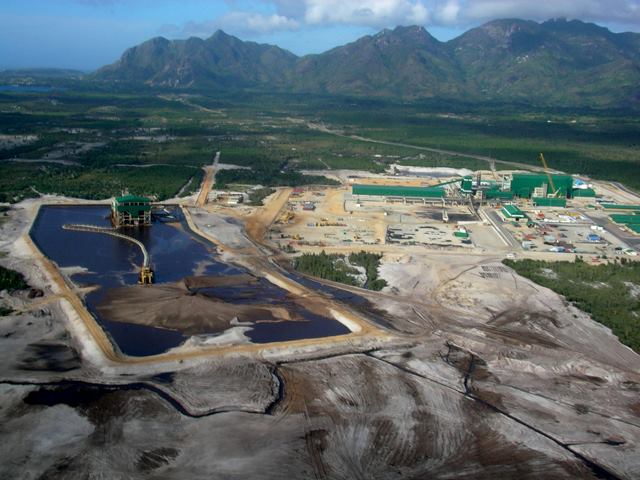Villagers near Madagascar mine take legal action against Rio Tinto

According to the group, up to 15,000 people in the area rely on these water sources for their drinking and domestic water supply.
Lawyers from the law firm Leigh Day said blood tests carried out on members of the communities in the area around Fort Dauphin have shown elevated levels of lead in their bodies that exceed World Health Organization thresholds.
One individual has such high levels of lead that they require a medical process called chelation therapy to remove it from their bloodstream, according to the claim.
Lead is especially harmful to young children, causing permanent brain damage that can lead to a range of cognitive and behavioral disorders. Exposure to uranium can damage the body’s development, particularly in children and pregnant women, as well as increasing cancer rates and damaging kidney function.
The QMM mine produces ilmenite, which is used to manufacture titanium dioxide, a white pigment used in paints, food, cosmetics, and other items. The mine extracts ilmenite from the sands along the edge of Lakes Besaroy and Ambavarano.
Rio Tinto has a troubled track record in Madagascar.
A 2019 study found that downstream of the Madagascar mineral sands operation, water contained high concentrations of uranium and lead, potentially endangering local residents who depend on a nearby lake and river for drinking water.
In 2022, QIT Madagascar Minerals released water from the mine site into the surrounding environment due to heavy rainfall. Dead fish were found after the water release.
“While Rio Tinto extracts large profits from its mining operations in Madagascar, our clients’ case is that they and other local families are being forced to consume water contaminated with harmful heavy metals. In bringing this case, our clients are seeking accountability and justice for the damage that has been caused to their local environment and their health,” Paul Dowling, Leigh Day’s lead partner on the case, said.
On Thursday, investors at the company annual meeting questioned Rio about its Madagascar mineral sands operation.
Sinead Kaufman, chief executive of Rio’s minerals division, in response highlighted an independent report commissioned by the company to investigate the fish deaths.
“The report outcome was inconclusive and it said that we (it) cannot find any direct evidence on any heavy metals contamination that caused the fish deaths but also it cannot find any conclusion.”




